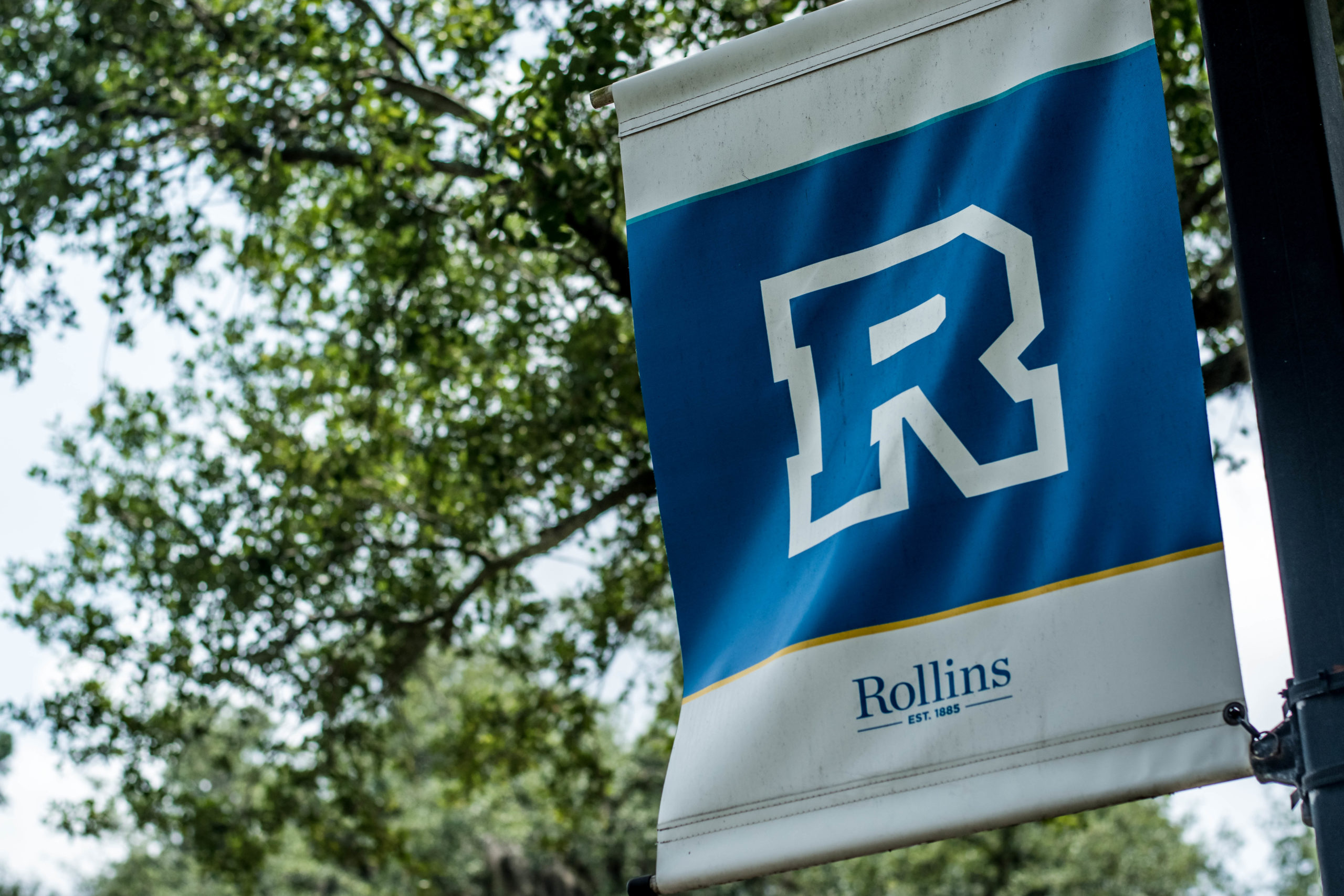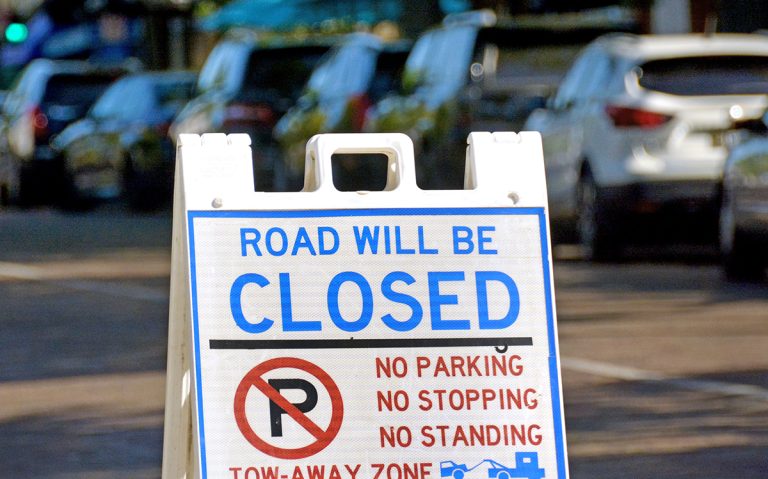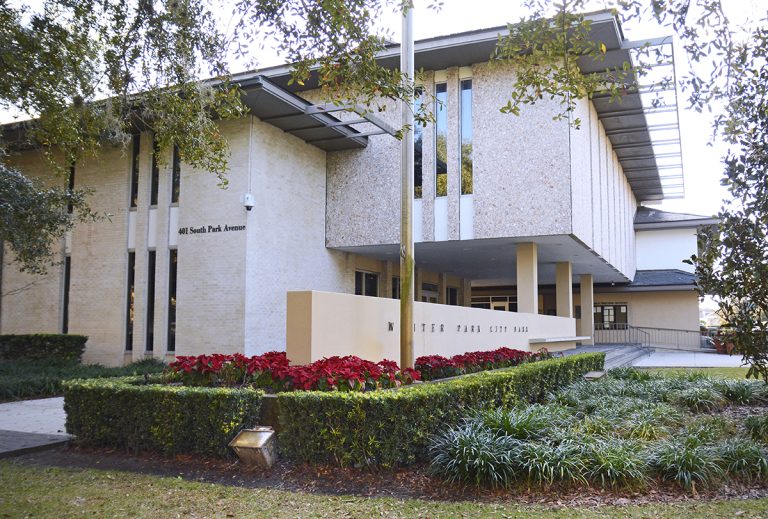In preparation for campus repopulation in the upcoming fall semester amidst the COVID-19 pandemic, Rollins College has established detailed plans and measures that will help protect the entire campus community. On July 10, the college released communications laying out the course of action set in place for the approaching academic year as part of its “Keeping Tars Safe” wellness campaign.
In an announcement authored by Rollins College President Grant Cornwell, information concerning safety protocol was addressed in great detail. In an attempt to safely accommodate students, faculty, and staff, the college will make many changes to daily operations and ask its community members to actively partake in maintaining a safe environment. “While the personal choices of citizens of a community always matter, the individual and daily choices you make while on campus this fall will literally and immediately affect the well-being of yourself and others and the viability of our campus community,” Cornwell said. “Our mission is to provide an education for global citizenship and responsible leadership. This coming semester, you will be called upon to manifest this mission with daily constancy and integrity.”
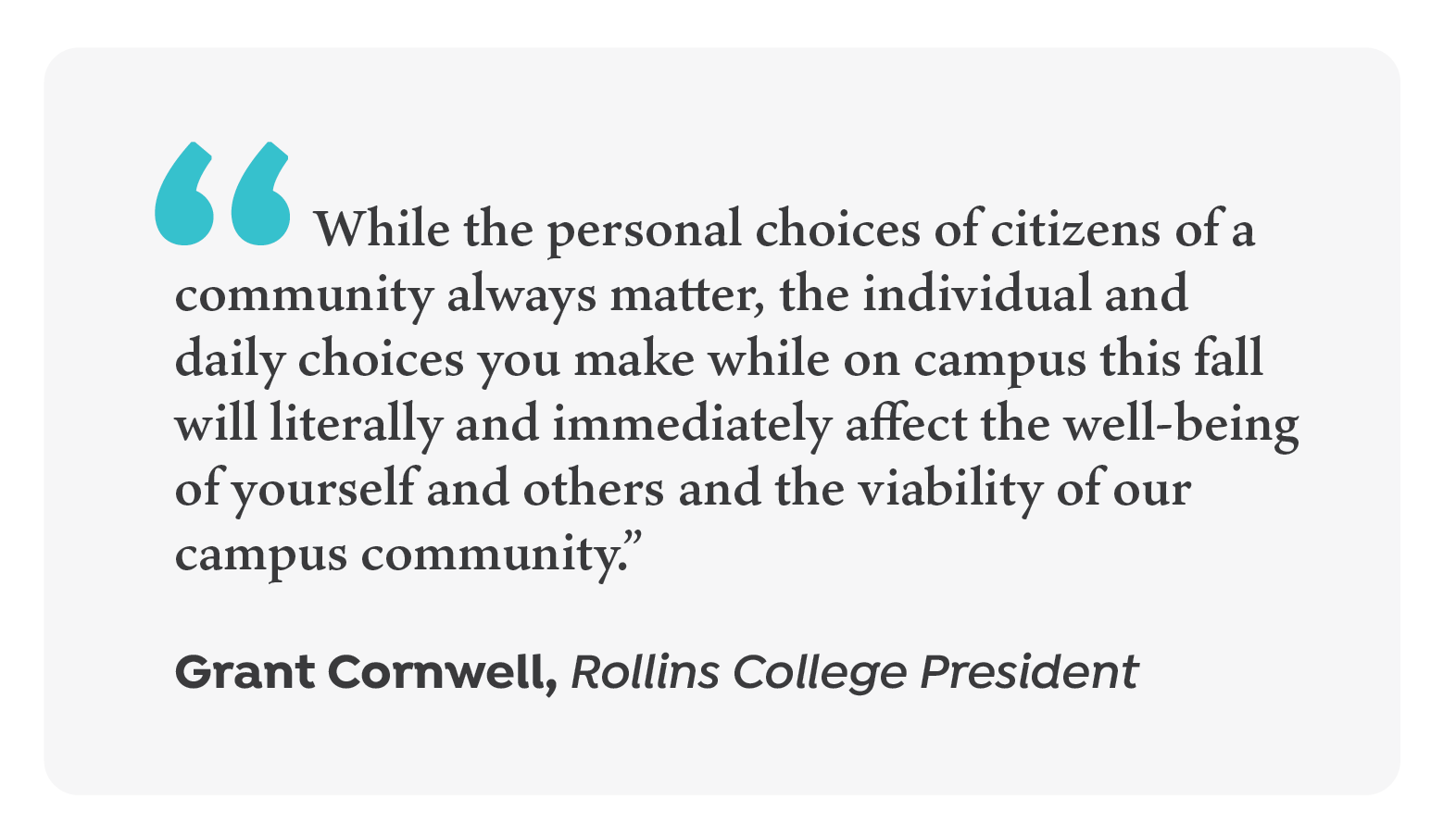
The move-in process for students living on campus will be segmented across four days, September 8 to 12, to increase social distancing capabilities. Each student is assigned a move-in day and time and is permitted two helpers. All students, residential and commuter, as well as anyone in their party, will undergo a wellness screening for symptoms and temperature check when they arrive to campus. Anyone who does not pass the screening will be given a rapid-results COVID-19 test and be isolated until results are available, in less than 30 minutes.
All campus community members will be asked to practice individual social responsibility to help protect themselves and each other. Students will be provided with “Wellness Kits” that include two disposable face masks, hand sanitizer, and a reusable thermometer and also be required to conduct a daily self-screening using a wellness mobile app. Residential students will be provided cleaning supplies to ensure disinfectants are equally accessible to regularly clean personal spaces. Routine cleaning and disinfection by the facilities staff will also occur according to updated COVID-19 cleaning guidelines. Everyone on campus will be asked to wear masks while in public spaces, both indoors and outdoors. The only exception for mask wearing is in enclosed private office and housing spaces.
In order to manage physical distance and cleanliness in public spaces, social distancing guides will be marked out and hand sanitizer stations will be present throughout campus facilities. In the library and on-campus convenience store, aisles will be marked for one-way travel. Dining spaces will facilitate some socially distant seating indoors, but mobile orders for grab-and-go and ready-to-cook meals will be encouraged. Additionally, grocery delivery services will be available to residential students. The school has also increased the availability of outdoor seating spaces.
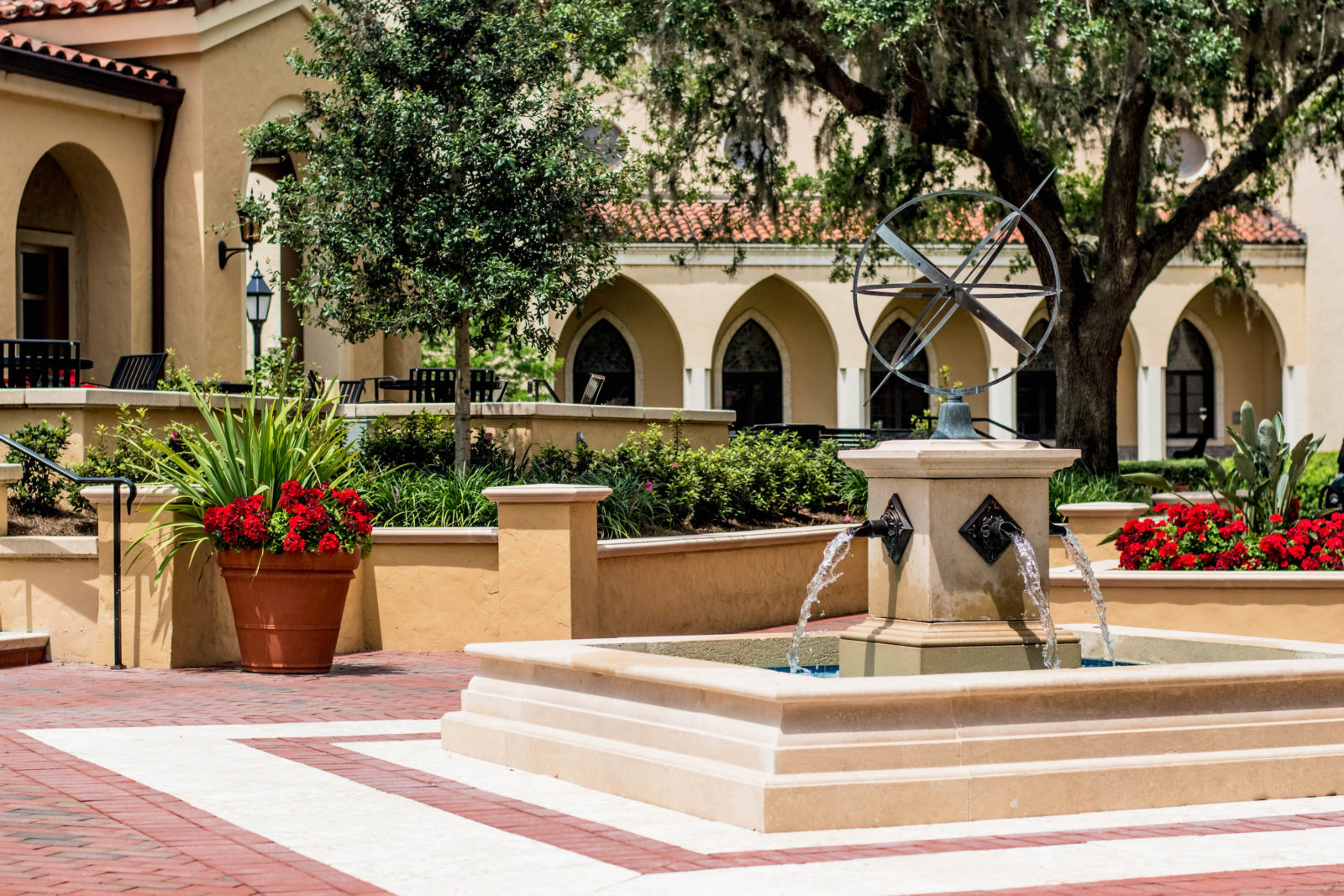
Classes are set to start September 14 and COVID-19 adjustments can be expected in classrooms immediately. All students will be assigned seats a minimum of six feet apart, with professors at a minimum of nine feet away. Students who do not wear masks will not be permitted to partake in in-person classes. In laboratory settings, masks as well as face shields will be worn in addition to typical protective gear.
The college is also exploring other testing options that would warn administration of any hot spots on campus or a potential rise in positive cases. Rollins is working with a bio-tech company that is developing technology that tracks signs of COVID-19 by testing wastewater. By implementing this, the college would be able to monitor the wastewater of each residence hall and potentially be signaled of an increase of infection seven days in advance. Additionally, sample pool nasal testing is being considered followed by individual testing for any group that has one or more positive result.
If a student tests positive for COVID-19, Rollins has plans for quarantine and contact-tracing in place. Sections of student housing will be left unoccupied at the start of the school year and reserved for COVID-positive students to move into and quarantine. Currently, 66 private beds are available for quarantining, with another 200 expected to be available shortly after the semester begins as construction of the final hall in the new Lakeside Neighborhood is complete. Positive students will have the option to go home should they believe that is their best option. The school will also immediately implement contact tracing using Rapid-Trace when a positive case arises.
All students will have the option to opt out of in-person classes and engage in their coursework completely virtually. “In recognition of the loss of experience afforded through on-campus learning, students who elect to attend fully virtually will receive a grant of $2,500,” Cornwell said. The grant might change if a student receives need-based financial aid depending on federal regulations. Should the college administration decide at any point during the semester that in-person studies should be suspended, the grant will be rewarded to all students. On-campus residence requirements will be waived as well for students who wish to live off-campus.
The college also responded to the recent U.S. Immigration and Customs Enforcement (ICE) announcement that states international students are required to attend in-person classes at their institution in order to remain in the country legally this coming academic year. “It strikes me as capricious and ill-considered,” Cornwell said in a message addressing the new federal rules. “We should be doing everything possible to promote international and intercultural understanding, and unfettered access to colleges and universities is one of the most powerful means to advance these goals.”
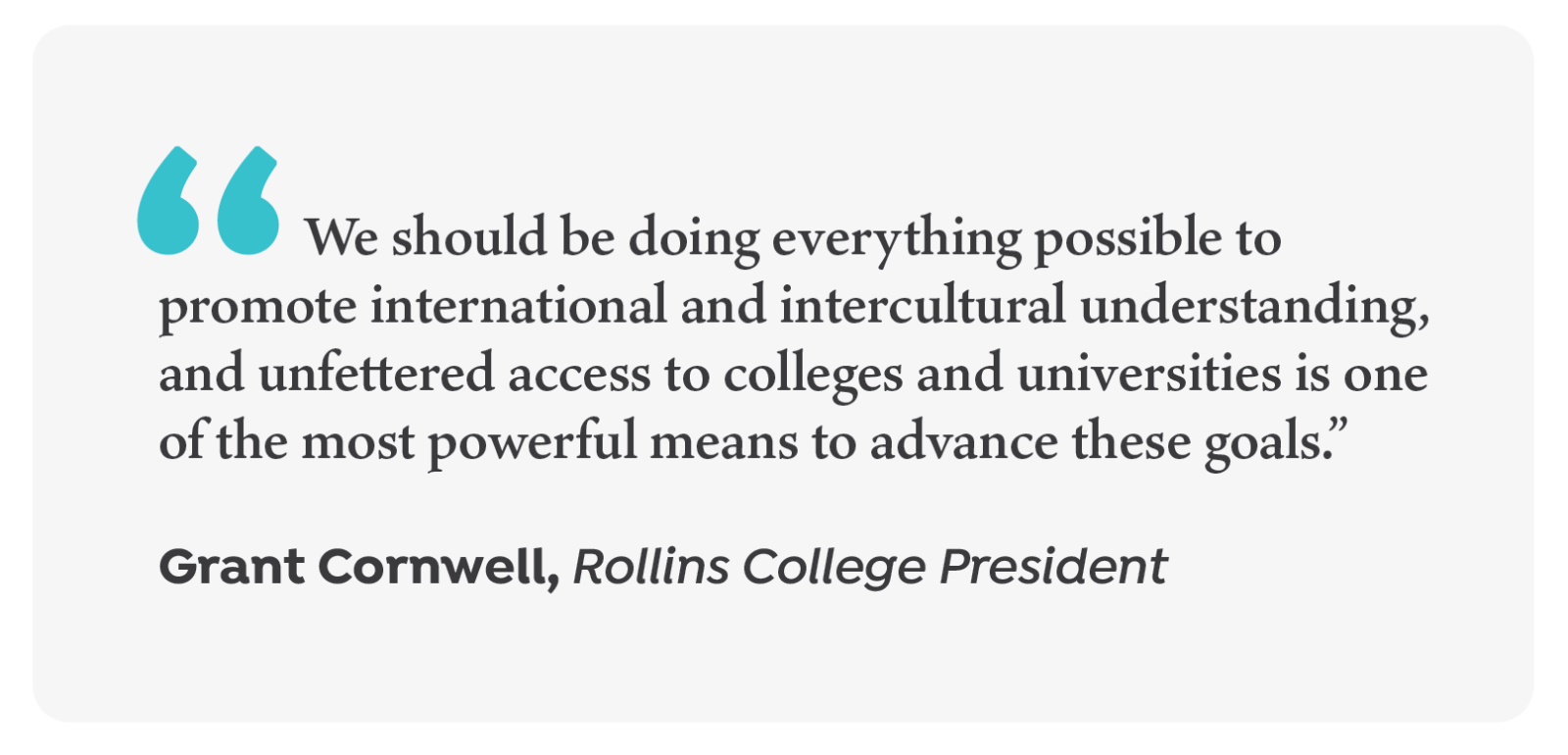
In an effort to protect international students in the wake of this announcement, Cornwell teamed up with 15 other Associated Colleges of the South presidents “to urge ICE to return immediately to the spring 2020 guidelines.” He has also signed a letter addressed to Congressional leaders from the American Council on Education. After many higher education institutions and state leaders took a stance against the new visa guidelines for international students, some filing lawsuits, the Trump administration announced on July 14 its decision to rescind the plan originally introduced on July 6.
Visit the Rollins College reopening website or view the Keeping Tars Safe campaign video for more information and updates to come.
